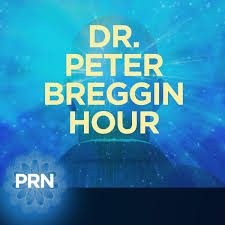Book Announcement The book is now in Amazon's hands, and we're just waiting for Friday when all of our loyal listeners will get the opportunity to get…

My guest Gretchen Watson, PhD takes us on a fascinating trip from helping children escape ADHD and drugs to helping companies overcome workplace errors and…

Listen to geneticist and editor, Jonathan R. Latham, PhD. co-founder of the Bioscience Resources Project on the Food Movement as a central focus of global…

February is Teen Dating Prevention month. The incidence of physical, sexual, psychological and emotional abuse that occurs in teen dating relationships is on the rise.…
The latest assault on human and civil rights in the United States has been quietly taking shape, but rather than media and public outcry, this…

Over the years, many of us periodically bump into experiments in healthcare that cause us to think, “This changes everything!” Such studies are convincing not…

